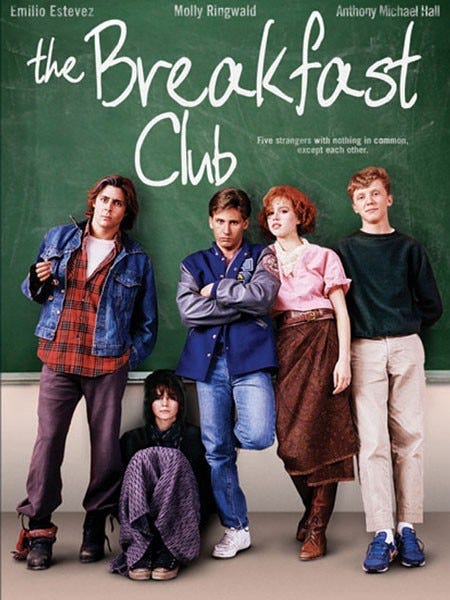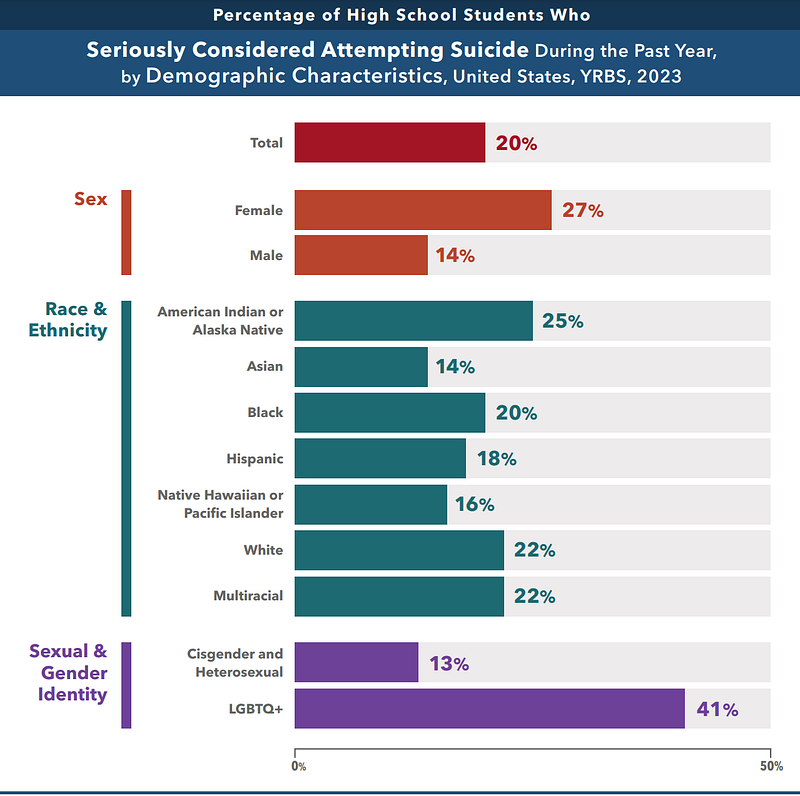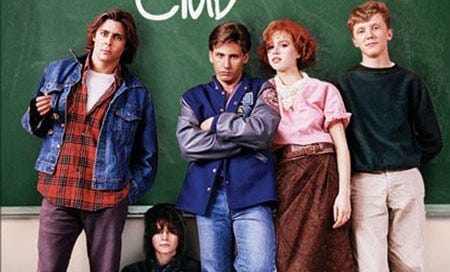News: Are public health officials finally ending the era of the pop culture driven idea of the…
The Jefferson County Public Health Department released the numbers from the Healthy Kids Colorado Survey. The survey was conducted by the…
The Jefferson County Public Health Department released the numbers from the Healthy Kids Colorado Survey. The survey was conducted by the Colorado Department of Health and Environment. It looked at youth responses to questions about mental health and substance abuse. The study found that teenagers in Jefferson County, CO are happier than they were a few years ago.

Key strengths from the new Jefferson County, Region 21 data include:
A decline in feelings of sadness or hopelessness from 41.8% in 2021 to 25.5% in 2023.
A decline in thoughts of suicide from 18.5% in 2021 to 12% in 2023.
78% of high school students have a trusted adult they can go to for support.
94.2% of high school students feel safe at school.
21% of youth report drinking alcohol in the past month, a decrease from 30% in 2019.
14% of youth used cannabis in the past month, a decrease from 20% in 2019.
These results also show that teens need the support of their parents, communities, and more to get through the mental health challenges that come with adolescence. The angsty teen trope is the opposite of this.
A similar study conducted by the Centers for Disease Control and Prevention called Youth Behavior Risk Survey was released in August 2024. It found that overall, teens are less depressed and have fewer experiences with suicidal ideations. This is good news that may finally signal the end of the “angsty teen” trope, which masked the problems of teens for decades.
“We recognize involving youth in the decisions that affect them is crucial to ensuring they feel seen and connected to their communities,” said Sasha Hutchings, Executive Director of Jefferson County Communities That Care. “By prioritizing collaboration among community members and partnering with youth in decision-making processes, we can create an environment where every young person in Jefferson County sees their role in driving positive change.”
Over three decades ago, John Hughes, Will Smith, and so many others amplified the idea of the brooding, depressed, angry teen who was disconnected from their parents and community. Millennial generation parents (and older) can name characters from movies who embodied the angsty teen trope. Any character played by Molly Ringwald in the 80s and early 90s will be on that list.
Will Smith’s upbeat anthem “Parents Just Don’t Understand” also embodied that disconnect between teens and parents. Instead of tackling the issue of possible mental health issues in our teenagers then, the angsty teen trope worked to normalize mental illness and also substance use as a part of the American adolescent experience.
The kids in Empire Records took the suicidal ideations of their peers as a joke that was replayed throughout the film. The same for a character in The Breakfast Club. The suicidal teen was not often ignored in the films.
The angsty teen trope held on throughout the 90s and 2000s when it was refreshed by the dramatic narratives created by author John Greene. The depressed, misunderstood, disconnected teen was a staple of these stories, which played well onscreen. A Fault in Our Stars and Paper Towns are examples. Greene’s teens often deal with some heavy stuff that fuels their mental state. However, the brooding adolescent was still leaning heavily on the trope that has had a chokehold on pop culture since the 80s. Some could argue that it started in the 70s with Dazed and Confused and similar films.
Regardless of the origin, the mental health of teens is now being taken seriously by public health officials.
“These numbers show progress,” said Dr. Sarah Story, Executive Director at Jefferson County Public Health. “But they also remind us that there’s a lot of work to do. We can’t let our guard down. The only way we will see lasting change is using youth perspectives to design new ways to support their health.”
Story and other public health officials are leading the charge in creating happier teens who are better connected to their parents and communities.

For more information on the JCPH study, visit Jeffco.us.
For more information on the CDC study, visit cdc.gov.
What do you think? Are we finally done with the idea of the angsty American Teen? Share your views in the comments.



